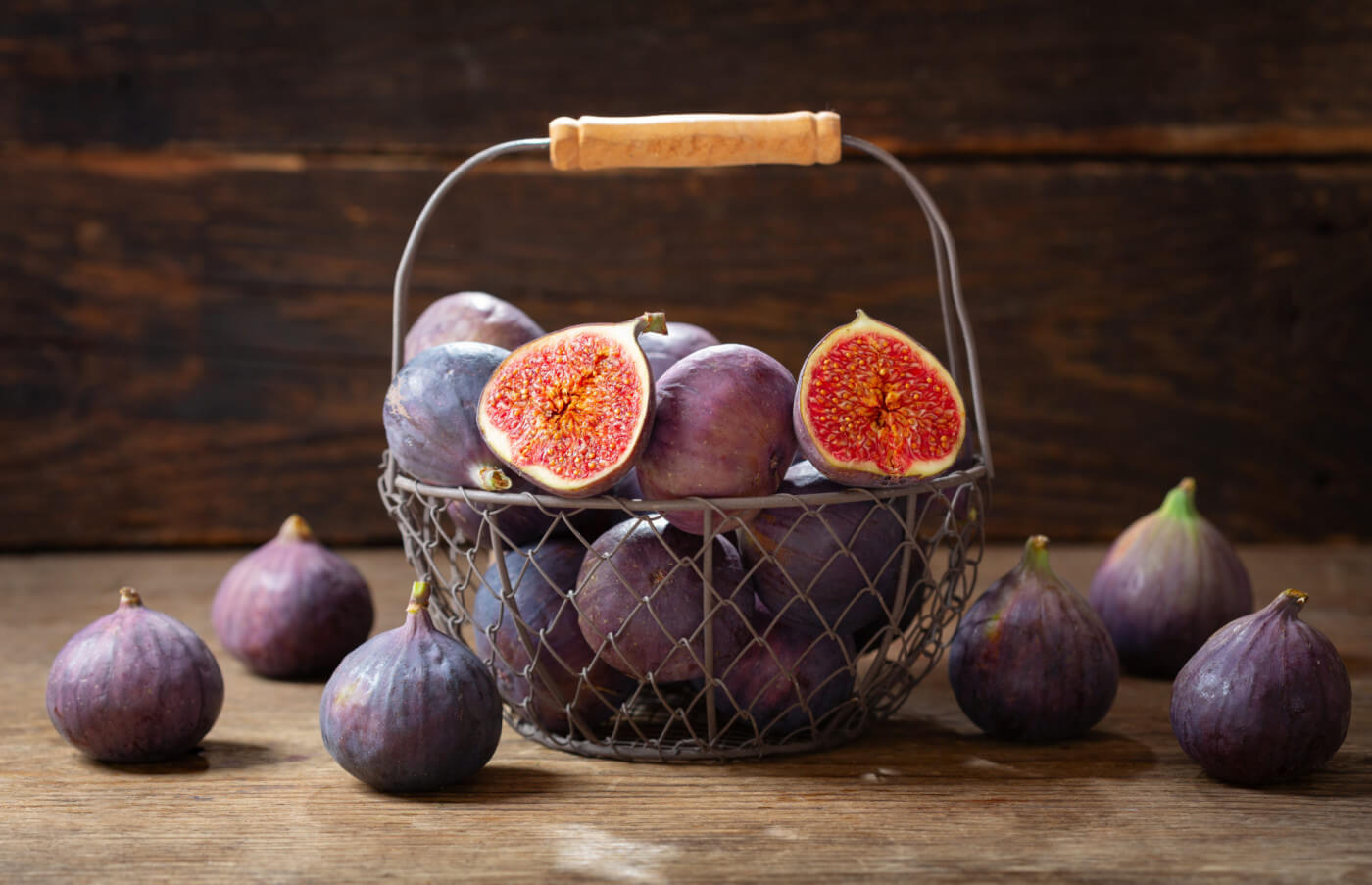Why the Sea is Salt
Once upon a winter moon, Olov tossed a loaf of bread and a few scraps of ham at his brother’s feet. Not because he was kind or noble, but because his younger brother, Olin, begged him so.
Since their father passed and Olov inherited the family legacy (the benefit of being the eldest child), he wanted for nothing. During each feast day, his table overflowed with food and drink, but he still resented having to feed another mouth.
Maybe if Olin spent more time grinding and working the land, his stomach wouldn’t grumble as much, thought Olov.
But deep down, Olov knew that his brother worked just as hard as anyone else. He sowed his fields and tended to the garden just like their father had shown them years ago. But Olin was gentle and generous, to the point where he regularly gave away his meals so others could eat.
Olov tossed the scraps in the snow and left his brother some sarcastic, parting words, “Before you eat that ham, you best offer some to the witch in the woods.”
Then, he slammed the door.
Now, Olin was a man of his word, so if his brother requested he share his meal with the witch, then he would.
He gathered his scraps and set off into the trees, munching on the bread crusts as the moon grew brighter and lit his path.
Eventually, he ran into a woodcutter. The woodcutter asked Olin where he was headed, and he explained that he was on his way to see the witch in the woods. Olin offered the woodcutter his last bread crust, which he happily accepted. The man warned Olin that no matter what, no matter how much silver or gold the witch offered, he should only trade the meat scraps for one thing—her enchanted mill.
Olin nodded and thanked the man before continuing his journey. Sure enough, he smelled the familiar aroma of woodsmoke just before a small cottage emerged from the trees. And just like the woodcutter said, the witch was over the moon when she smelled what Olin was carrying. She offered him jewels, fame, and whatever was brewing in her cauldron, but Olin declined, insisting that he would only trade the meat for her magic handmill.
The witch sighed but eventually agreed. She grabbed the ham, tossed it into her cauldron, and pointed to a shadowy corner of her house. She took his hand, showed him how to work the levers, explained that the millstone would grind anything placed before it, and most importantly, she shared the magic words to make it stop.
Olin thanked the witch and rushed home to test the mill. He placed it on his table next to a pile of river stones and told it to grind until there was enough food to feed the entire village. When his table was full, he said the magic words, tucked the mill away, and invited all the people (including Olov) to his house for a feast.
His brother couldn’t believe his eyes, and when he saw the spread of roasted pheasant, tarts, and beer, his resentment flared. Olov pestered his little brother, begging him to reveal the secret to his newfound riches. And after one too many drinks, Olin told his brother about the woodcutter, the witch, and the mill.
When Olov asked to purchase the mill, his younger brother agreed. But Olin wasn’t daft, and he purposely withheld the magic words. After Olov ground a pile of river stones, the mill kept grinding and grinding. It ground his rugs, dishes, and half the garden before he begged Olin to take it back.
And so he did.
Over the years, many people purchased the mill from Olin, only to have it returned a few hours later. As Olin grew from a young man to an old man, he lived well and comfortably. But, like all of us, he knew his time was limited. Soon, the mill would need a new home.
So when a sailor showed up at his door inquiring about the mill, Olin knew this was it. The sailor explained that he was the captain of a cargo ship. He and his crew transported salt from one corner of the world to the next, but if he had the mill, he could procure enough salt to share with everyone. People near and far would come to him, which meant no more dangerous nights at sea, no more wondering whether the tireless waves would one day, claim his life.
Olin was satisfied. He took the sailor’s hand and showed him how to work the levers and explained that the mill would grind anything placed before it, so dream big.
Later that day, with the millstone at the helm of his ship, the man set out to sea for his final voyage. He placed a pile of river stones in front of the mill and told it to grind them to salt. The mill went to work, grinding and grinding, and soon, the seamen were celebrating their success.
But, in his old age, Olin had forgotten to share the most important thing with the sailor: the magic words to stop the mill.
So the mill kept grinding and grinding, and soon the mountain of salt was too much for the ship to hold. All the seamen abandoned ship and swam to shore, but the boat sunk into the ocean, along with the mill, which is still grinding today.
And that is why the sea is salt.
.
This retelling was inspired by and adapted from the Norwegian folktale by Peter Christen Asbjørnsen & Moe Jørgen Engebretsen.









